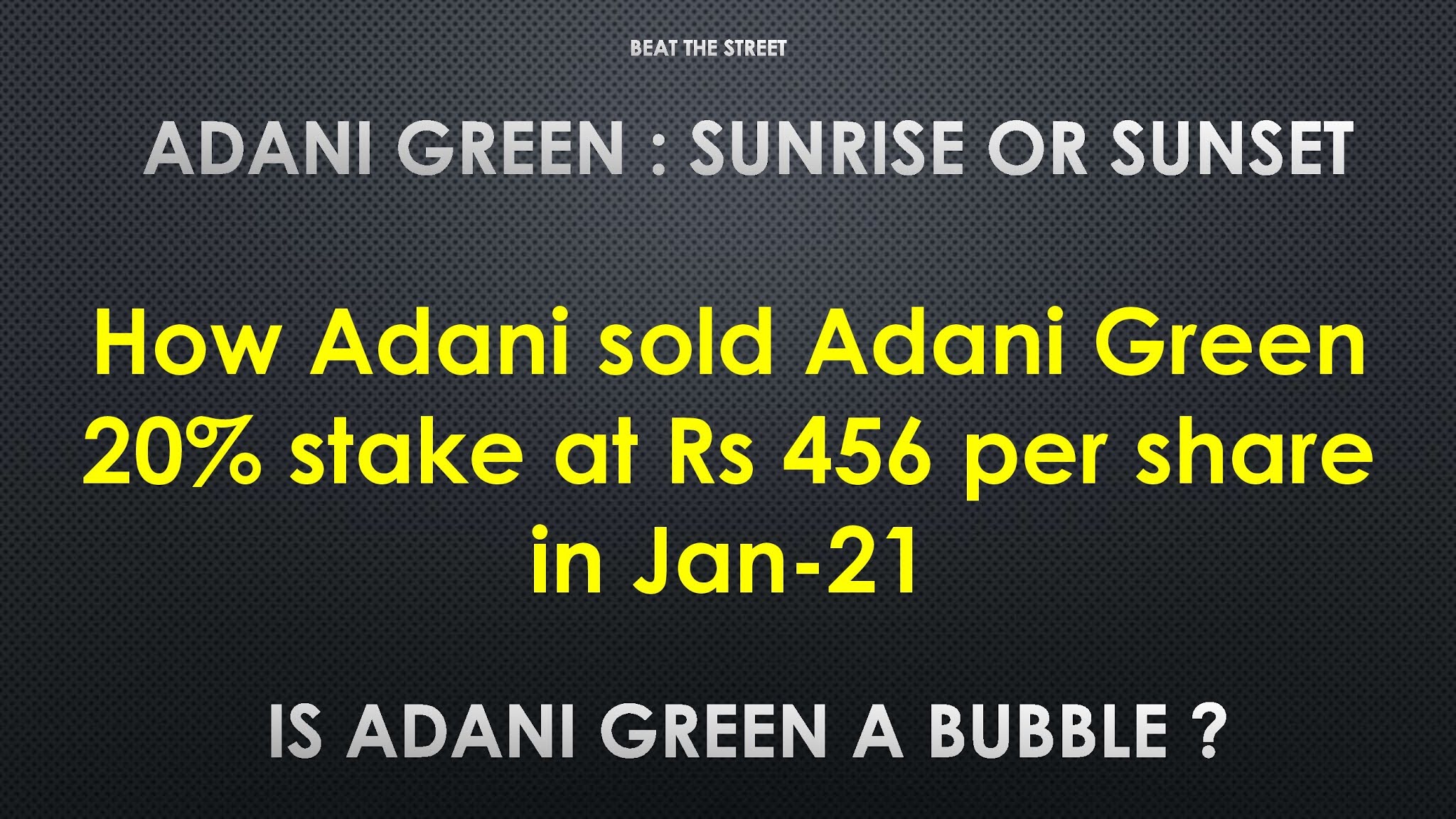How IT Companies like TCS is saving crores in taxes by Buyback rather than paying dividends ?
There are too many companies doing buybacks(like TCS, Wipro etc.), Do you know why they do buyback ?
Today, we are going to answer this big question.
To understand the whole story, lets understand What is Buyback?
In simple terms, Buyback of share means Re-acquisition by the company of its own share and return money to the shareholder.
Now why does the company do that? – to reward shareholders.
In India, most of IT companies are promoter managed (but their is no doubt on their corporate governance) and used to fund their other ventures.
A. TCS (Owned by Tatas, to fund their ventures ranging from salt to steel)
B. Tech Mahindra (Owned by Mahindras, to fund their ventures ranging from automobile to hospitality)
C. Wipro (owned by Azim Premji , to fund their CSR Arm and startup / investment arms Premji Invest )
How does buyback create wealth for Shareholders? – A buyback benefits shareholders by increasing the percentage of ownership held by each shareholder by reducing the total no. of outstanding shares.
For example, if company have 100 Shareholders and earned Profit during the year – Rs. 100, P/E ratio = 10
So Earning per share = Rs.100/100 Shareholders = Rs. 1 per share,
Market Price Per Share = EPS *PE = Rs. 1 * 10 = Rs. 10
Now if company buy back 20 of its share,
Then EPS after buyback = 100/80(100-20 buyback) = Rs. 1.25 per Share,
Market Price after Buyback = EPS * PE = 1.25 * 10 = Rs. 12.5
Buyback leads to an increased price by Rs. 2.5(12.5-10) per share.
As normally IT Companies do buyback at a higher price than current market price. So as investors get more value for their shares in the buyback route, share price generally moves in an upward direction. But in case of dividend there is no such price movement is seen
Now let’s understand what type of companies do Buy-Back?
Companies which are cash rich and having low debt (Mostly IT Companies like Tata Consultancy services, Wipro etc.), pay cash to their shareholders via buyback route.
Now Let’s take a deep dive into the concept and understand Why Buyback not Dividend. The main logic behind the whole concept lies with the taxation regime on dividend and Buyback in India.
As per recent amendment in budget 2020, Domestic companies are not required to pay Dividend distribution tax. Dividend is taxable in the hands of shareholders like FD.
In case of Buy-Back,
for company announcing buyback, tax liability is of 23.296% of distributed income
Shareholders pay no tax when they give share for Buy-Back, No Capital Gain or any other tax other than STT.
Now, let’s understand the whole thing in perspective of TCS with a cash balance of 43,000 Cr.
Either it can pay a dividend, or use money to buy its share back. Let’s see the options:
That’s why Buyback is cheaper than Dividend.
But there is another regulatory regime, companies act requires no company can do 2 or more buybacks within 1 year of previous buyback. Also they need to maintain some key financial ratios also.
So obviously dividend are also famous whether normal, interim or special. They dont have much options to utilize their cash. Hence ends up rewarding their shareholders.
Note : No content of this blog should be construed to be investment advice. You should consult a qualified financial advisor prior to making any actual investment or trading decisions. All information is for educational and informational use only. The Author accepts no liability for any interpretation of article or comments on this blog being used for actual investment. This is purely an information services, and any trading done on the basis of this information is at your own, sole risk.


Explain bonus issue of share ... After bonus issue share price down...is it good for investment or not?
ReplyDelete👌👌🔥🔥
ReplyDelete👌🏻
ReplyDeleteIt's great effort
ReplyDelete